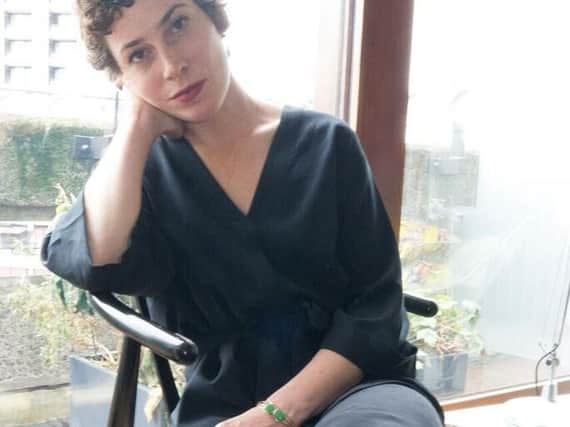Glasgow School of Art graduate up for Turner Prize


Filmmaker Rosalind Nashashibi launched her career in the city after graduating from her master of fine art course.
Nashashibi, 43, has been nominated for an exhibition staged in California which featured a film exploring everyday life in Gaza, originally commissioned by the Imperial War Museum in London. She is the youngest artist named on the four-strong shortlist for the £25,000 prize.
Advertisement
Hide AdAdvertisement
Hide AdTanazian artist Lubaina Himi, 62, was the oldest to make the shortlist after the rules of the Turner Prize were altered this year to lift a ban on artists over 50. Also shortlisted are German artist Andrea Buttner, 45, and Birmingham-born Hurvin Anderson, 52.
Alex Farquharson, chairman of the Turner Prize jury, said: “I think we can safely acknowledge that artists can experience a breakthrough at any age without any risk of the prize becoming a lifetime achievement award.
London-born Nashashibi, who has previously worked with Scottish Ballet, was also nominated for work exploring the relationship between two artists – a mother and daughter – who share a jungle house in Guatemala.
The Turner Prize judges said they were “impressed by the depth and maturity of Nashashibi’s work, which often examines sites of human occupation and the coded relationships that occur within those spaces – whether a family home or garden, a ship or the Gaza Strip”.
Advertisement
Hide AdAdvertisement
Hide AdBorn to a Palestinian father and an Irish mother, Nashashabi was living and working in Glasgow when she won the coveted Beck’s Futures art prize in 2003.
Describing her work, she said: “The films observe what I suppose people would call ‘real life’, but I think they’re about a vacation away from life, about inactivity or rest, whether it be chosen or forced.
“I go into public areas with my camera and really observe how people are moving in their spaces, how they are using their neighbourhood.”